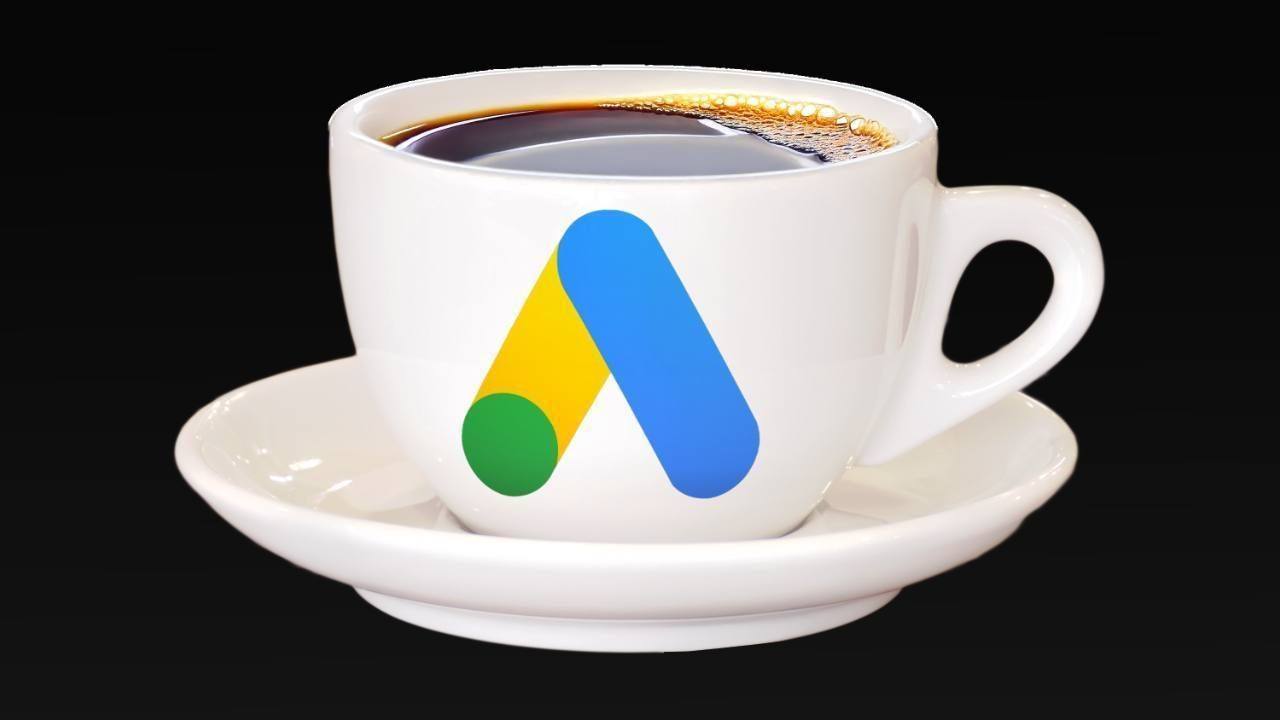Get More Leads For Your Business (+ are you interested in DDA Live?)

Would you be interested in attending
“Define Digital Academy Live With Aaron Young”?
Fill In This 1 Minute Questionnaire To Register Your Interest

If you're a local service-based business, your Google Ads strategy can determine whether you generate consistent leads—or waste thousands on unqualified clicks.
In industries like legal, home services, IT support, and healthcare, it’s common to see cost-per-click (CPC) rates exceed $50.
That’s why you can’t afford a poorly structured campaign.
This guide walks you through the five-step Google Ads strategy we use in 2025 to help local service businesses increase conversions, reduce wasted spend, and build a scalable ad funnel that works.
Step 1: Always Start with Search Campaigns
Despite what Google Ads’ dashboard or reps may recommend, do not start with Performance Max (PMAX) campaigns.
Begin with Search campaigns because they offer:
-
Full control over keyword targeting
-
Flexibility to test and optimize ad messaging
-
Visibility into what’s actually driving conversions
Performance Max campaigns are optimized for conversions, but they rely on having robust conversion history to perform well.
Starting with Search gives you the data you need to make informed decisions.
Track your metrics closely to learn:
-
Which keywords are producing leads
-
Which ad headlines and descriptions perform best
-
What search terms signal high intent
This foundational data is critical before scaling.
Step 2: Optimize Your Location and Keyword Targeting
Many service businesses waste thousands of dollars due to misconfigured targeting.
Location Targeting
Set your geographic targeting to “Presence” only, not “Presence or interest.” This ensures your ads only show to people who are physically located in your service area.
Keyword Targeting
Avoid:
-
Short-tail broad match keywords (e.g., “plumber,” “electrician”)
-
Launching without an account-wide negative keyword list
Instead:
-
Use long-tail broad match keywords that include clear intent (e.g., “24/7 water heater repair”)
-
Build and regularly update a negative keyword list at both account and campaign levels
-
Monitor your search terms report weekly to block irrelevant queries and improve click quality
Correct targeting prevents unqualified leads and keeps your CPCs in check.
Step 3: Use Ad Copy That Pre-Qualifies Prospects
Your Google Ads copy should act as a filter—drawing in ideal customers while discouraging irrelevant traffic.
We improved the performance of a local IT's Google Ads campaigns but tightening up their ad copy messaging.
The issue was that they were attracting home users when their services were designed for small businesses.
Here’s what we changed:
-
Added negative keywords like “computer help near me”
-
Rewrote headlines to say:
-
“Small Business IT Support Only”
-
“Call Our Business Hotline”
This approach reduced traffic volume but significantly increased lead quality.
Ways to pre-qualify through ad copy:
-
Mention your ideal customer (e.g., homeowners, small businesses)
-
Highlight your service focus (e.g., installations only, no repairs)
-
Clearly state your price range if you are not targeting bargain hunters
The right message can drastically improve conversion rates by ensuring only qualified leads click on your ad.
Step 4: Use Remarketing Campaigns Strategically
Remarketing keeps your business top of mind for prospects who visited your website but didn’t convert.
We helped an IT company reduce its cost per lead from $107 to $69 simply by adding in a display remarketing campaign.
Remember you can't launch a remarketing campaign until you’ve built a minimum audience of 1,000 website visitors.
When your traffic volume justifies it, build a Display Remarketing Campaign with these settings:
-
Set audience targeting to “Target,” not “Observation”
-
Exclude mobile app placements (to avoid accidental clicks and irrelevant impressions)
-
Repurpose messaging from your best-performing Search campaigns
-
Allocate just 5–10% of your total Google Ads budget
-
Run the campaign for 60–90 days before assessing performance
Focus on view-through conversions as your primary success metric, since many users won’t click immediately but may return later to convert.
Step 5: Scale the Right Way Using Performance Max
Once your Search campaigns are profitable and data-rich, it’s time to scale. There are only two ways to scale a Google Ads account:
-
Increase your ad spend in campaigns that are working
-
Reach out to new, colder audiences
Eventually, you’ll hit a ceiling with your Search campaigns due to CPC resistance—where increasing your budget leads to a higher CPC and declining ROI.
This is when Performance Max becomes useful—but only if used strategically.
Key Performance Max settings for service businesses:
-
Use campaign-specific goals tied to offline conversions (not phone calls or form-fills)
-
Target new customers only, avoiding wasted spend on existing users
-
Exclude branded keywords so you’re not paying for traffic already familiar with your business
With the right data foundation and conversion tracking, PMAX can help you reach new, high-intent customers at scale.
Final Thoughts: Build Smarter Google Ads Campaigns in 2025
Here’s the summary of the five-step Google Ads strategy for local service businesses:
-
Start with Search to build your conversion data and control your targeting.
-
Fine-tune your location and keyword targeting to avoid wasted clicks.
-
Pre-qualify leads with strong ad copy that clearly states who you serve.
-
Add remarketing campaigns when your traffic volume supports it.
-
Scale with Performance Max only after you have a proven foundation.
Google Ads isn’t magic—but when structured the right way, it becomes a powerful growth engine for local businesses.
Looking to optimize your campaigns further? Download my Google Ads Optimization Checklist to ensure every part of your account is set up for success.
Download My Google Ads Optimization Checklist Here
Have a great week,
Aaron

- Monday 14th April, 8pm AEST: Google Ads for Local Service Based Businesses [Updated for 2025]
- Wednesday 16th April, 8pm AEST: The Absolute Beginners Guide To Google Ads
Head Over To My YouTube Channel 👇
|

[LIVE MASTERCLASS + Q&A]
eCommerce Account Reviews + General Q&A | Aaron Young 💻
Wednesday, 16th April, 2025, 10:30 AM (AEST)
Wedesday, 16th April, 2025 1:30 AM (GMT)
Tuesday, 15th April, 2025, 5:30 PM (PT)



